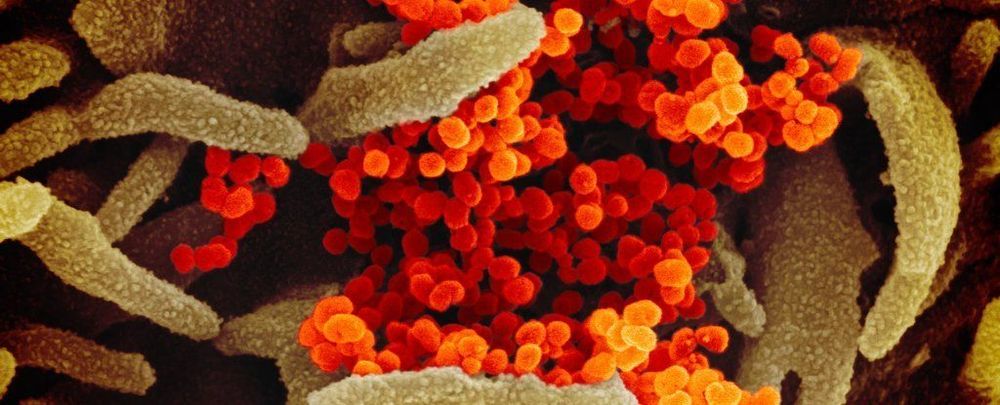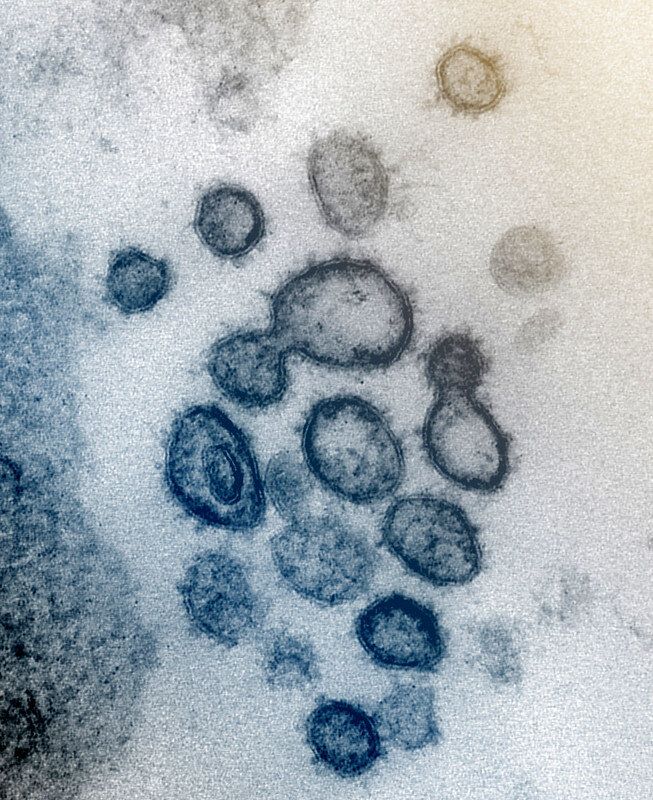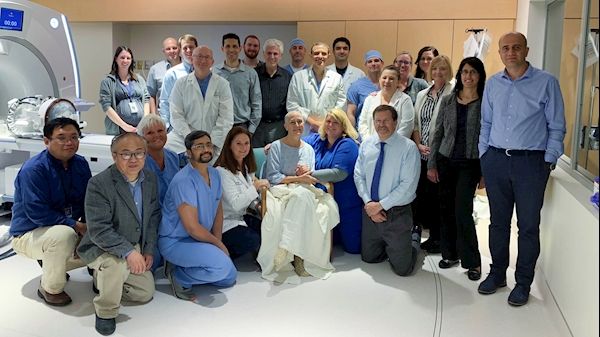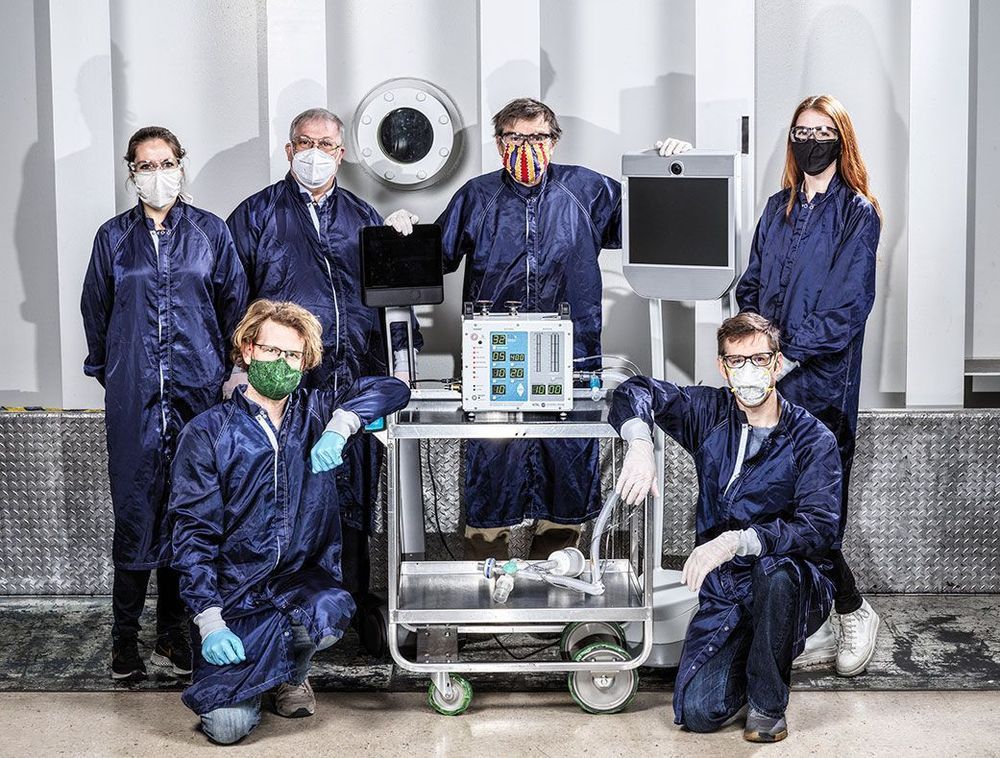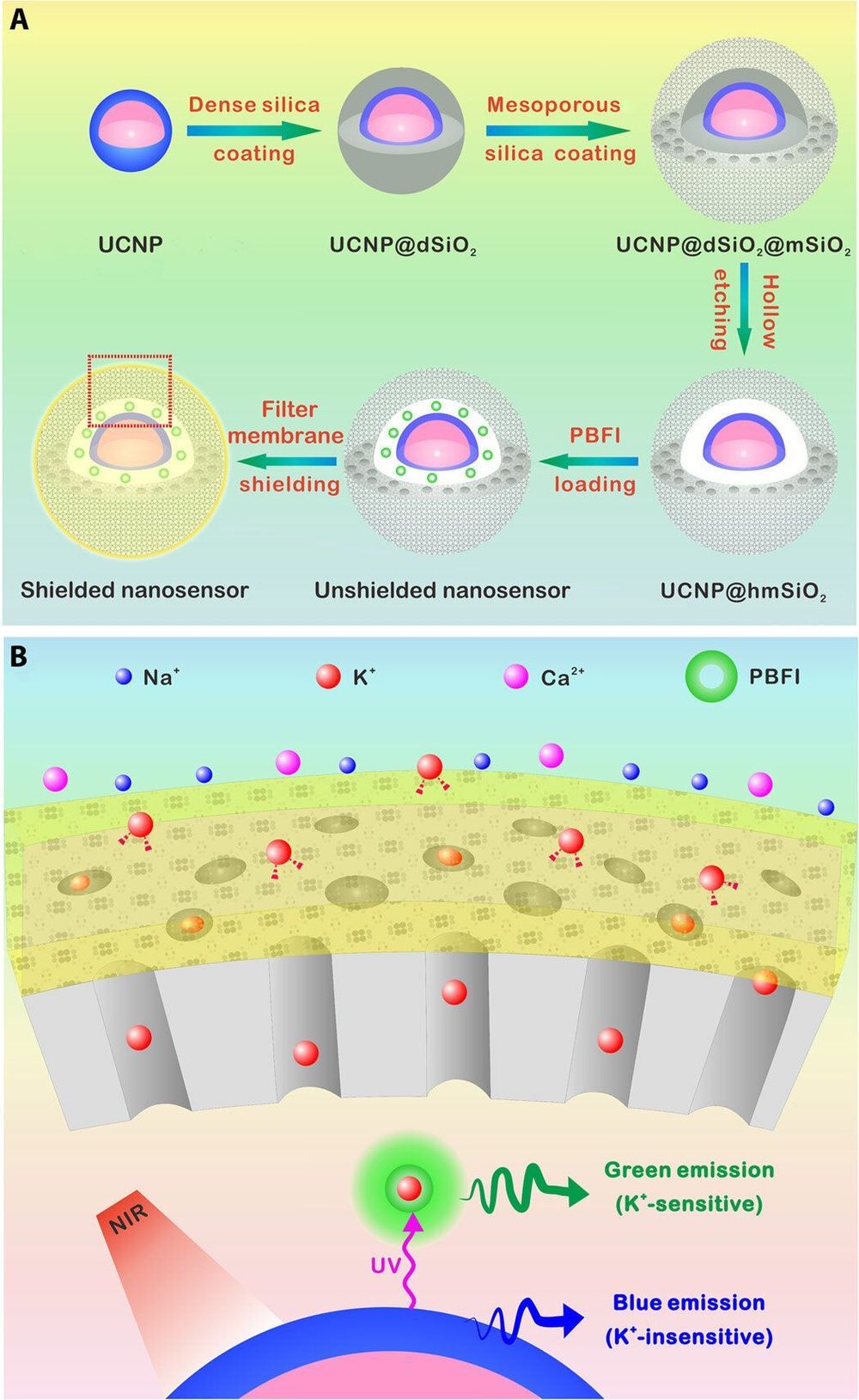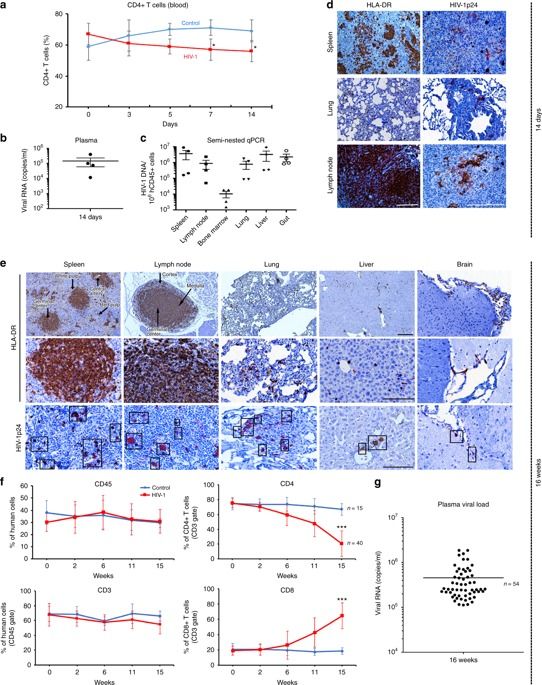Results indicate that, early after birth, pioneer bacteria colonize the infant gut and by one month prophages induced from these bacteria provide the predominant population of virus-like particles. By four months of life, identifiable viruses that replicate in human cells become more prominent. Multiple human viruses were more abundant in stool samples from babies who were exclusively fed on formula milk compared with those fed partially or fully on breast milk, paralleling reports that breast milk can be protective against viral infections. Bacteriophage populations also differed depending on whether or not the infant was breastfed. We show that the colonization of the infant gut is stepwise, first mainly by temperate bacteriophages induced from pioneer bacteria, and later by viruses that replicate in human cells; this second phase is modulated by breastfeeding.
Initially most of the viruses are bacteriophages, but as the abstract indicates, as time passes more and more of the viral community is made up of viruses that inhabit the human gut cells.
The discussion focuses upon the finding that breastfeeding reduces the level of pathogenic viruses in the infants. That finding replicates other work based on different approaches. One of the infant cohorts included in this study was from Botswana, and the findings there are more pronounced than in their U.S. (Philadelphia)-based cohorts.
In the African cohort, we not only found viruses that grow in human cells more commonly in exclusively formula-fed babies, but we also found more colonization in both feeding groups compared to US babies, emphasizing potential opportunities to intervene to reduce viral transmission to infants.
The variation of microbiomes in different human populations is a really important component of human biological variability. Studies like this one are helping to show how that variation comes about through the development process and environmental exposures.
A paper in Nature looks at the viral component of the infant gut microbiome.
